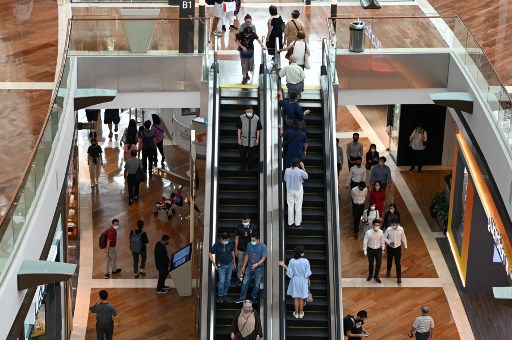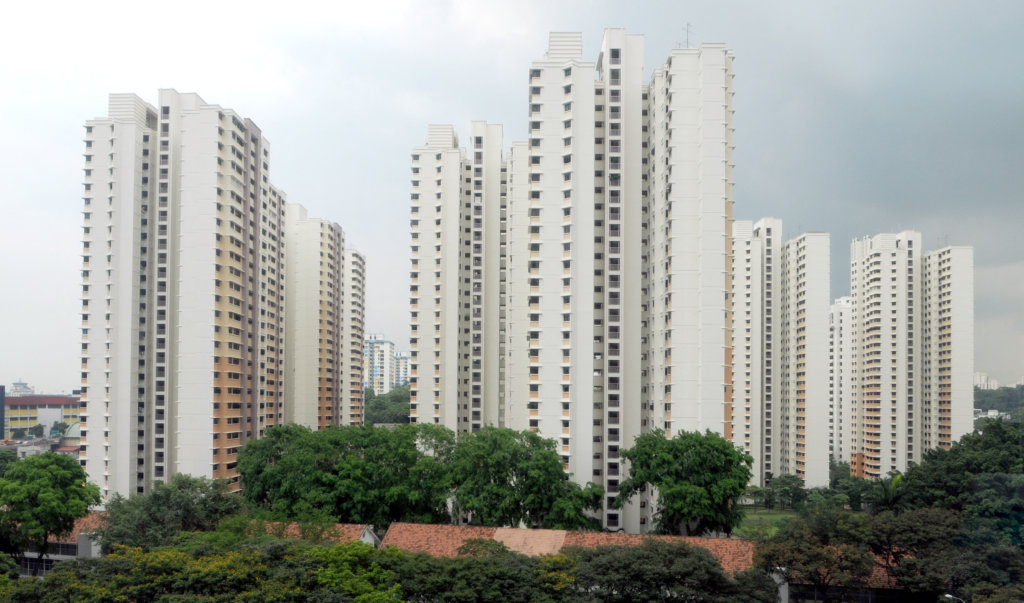
Touch down in Changi airport and you’ll not only be enveloped with sweltering humidity, but the coolness of all the ultra-modern glass and steel architecture. Welcome to Singapore, the futuristic Southeast Asian island whose impact on the region belies its tiny size.
If “Crazy Rich Asians” was the 2010s piece of pop culture that catapulted Singapore to global stardom, it was its universities steadily climbing the ranks of league tables in recent decades that previously — and still do — impressed the world. From graduates becoming CEOS or returning home to rise through their countries ranks of power to innovations like clinical-grade collagen up-cycled from frog skin, Singapore’s universities wow us time and again.
There are many reasons to study in Singapore. But before you pack your bags to move to the tropical haven, keep these things in mind:
1. It’s very hot — and getting even hotter
In Singapore, the temperature is rising at twice the global average. Adding to this is the extra burden of high humidity, at an average 84%. Towards the end of this century, the daily mean temperature could rise between 2.5 degrees and 8.3 degrees Fahrenheit. Even the prime minister, Lee Hsien Loong, once said that rainstorms were heavier and that “this will very likely worsen over the next few decades.”
2. Singapore’s universities are top-ranked
If you think the best universities in the world are only based in the West, think again. For several years running, Asian universities have been rising in the QS World University Rankings. This includes Singapore — with its flagship institution National University of Singapore ranking 11th globally and first in Asia. Nanyang Technological University is ranked 19th globally. EHL Hospitality Business School is ranked as the world’s #1 university in hospitality management.
3. Understated, but great neighbourhoods
Beyond Orchard Roads and Marina Bay Sands, grittier Singapore is just as charming for its own unique reasons. When you study in Singapore, you’ll get to check out the “rural” Sembawang with its “sentimental malls” or Bukit Batok, where the iconic landmark Xiao Guilin is located at. Hot and hungry? Try Sembawang’s famous white beehoon (a kind of thin rice-based noodle) or the world’s cheapest Michelin meal (A S$4.50 bowl of Singapore pork noodle). Then head to Little India for a tour that showcases food with Ayurvedic value and colourful bangles.

Singapore’s public housing is respected worldwide. Source: Roslan Rahman/AFP
4. Renting can be expensive if you study in Singapore
Renting in Singapore is getting more expensive. In the first half of this year, the cost of renting skyrocketed in most parts of the city by 8.5%, a survey of 30 cities by Savills Plc found. Called “scorching” by Bloomberg, rents are “squeezing tenants for the last possible cent.”
For the second quarter of 2022, the average median rents are S$2,070 for three-room flats, S$2,465 for four-room, S$2,620 for five-room and S$2,568 for executive flats, according to the Housing and Development Board (HDB).
Though you may need to fork out more for housing, you’ll spend less on other stuff thanks to Singapore’s great public facilities. Its public transport system is envied worldwide, groceries at local supermarkets are cheap, and quirky gardens are free to enter.










